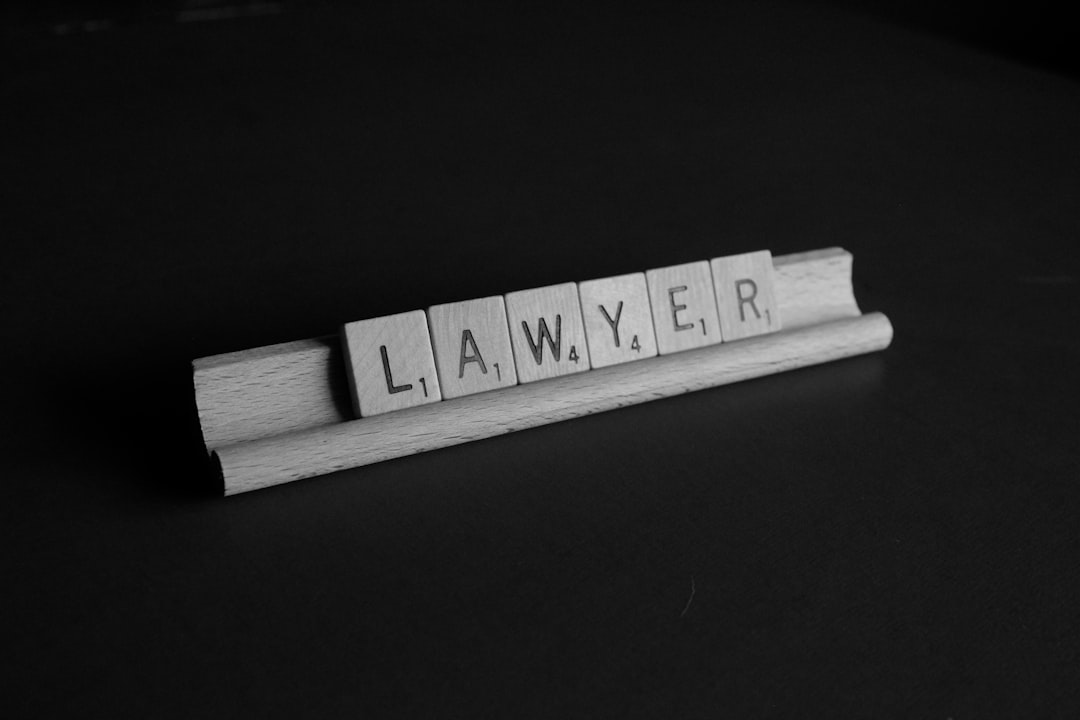Philadelphia's "No Call" law protects residents from unwanted telemarketing by requiring explicit consent. No Call lawyers ensure business compliance and consumer privacy, helping avoid fines for unauthorized calls. Residents can register online or via mail to prevent specific industry calls. Robocalls are regulated by laws like TCPA; exceptions include non-profits, political campaigns, and public service announcements. Consulting a No Call Lawyer Philadelphia defends against debt collector harassment and enforces consumer rights.
“Unwanted phone calls can be a nuisance, but understanding Philadelphia’s stringent No Call Law is key to halting persistent harassment. This comprehensive guide from Callowhills unravels the intricacies of this legislation, equipping residents with the knowledge to assert their rights as consumers. From recognizing legal boundaries for telemarketing to employing effective enforcement strategies, we empower you to navigate the no-call landscape. Stay informed, protect your privacy, and discover the power of Philadelphia’s No Call Lawyer.”
Understanding Philadelphia's No Call Law

Philadelphia’s “No Call” law, also known as the Do Not Call Registry, is a powerful tool designed to protect residents from unwanted telemarketing calls and sales pitches. This law requires businesses to obtain explicit consent before making telephone solicitations to consumers on the registry. A No Call lawyer in Philadelphia plays a pivotal role in ensuring compliance with this regulation, helping businesses avoid hefty fines and maintaining consumer privacy.
Understanding the nuances of this law is crucial for both businesses and residents. Businesses must carefully vet their call lists, ensure proper consent, and respect consumer choices to stay compliant. Residents, on the other hand, can register their phone numbers online or through the mail, preventing unwanted calls from specific industries or types of organizations. This simple step empowers Philadelphians to reclaim control over their communication preferences.
When Is It Legal to Make Unwanted Calls?

In general, making unwanted calls, often referred to as “robocalls” or unsolicited sales calls, is regulated by laws designed to protect individuals from excessive and intrusive marketing efforts. In the United States, the Telephone Consumer Protection Act (TCPA) governs these practices. According to the TCPA, it is illegal for companies or individuals to make automated calls or send text messages to consumers without their prior consent, often obtained through opt-in mechanisms.
There are, however, exceptions where making unwanted calls may be legal. For instance, calls from non-profit organizations, political campaigns, or certain types of public service announcements are generally allowed. Moreover, if a consumer has an existing business relationship with the caller, such as having purchased goods or services within the last 12 months, automated calls for marketing purposes may still be permitted. In Philadelphia, where many residents are proactive about protecting their privacy, understanding these laws is crucial, especially when considering hiring a No Call Lawyer Philadelphia to ensure compliance and safeguard your rights.
Your Rights as a Consumer Against Phone Harassment

As a consumer, you have rights that protect you from unwanted phone harassment, particularly when it comes to unsolicited calls from telemarketers or debt collectors. The No Call Law in Philadelphia is designed to safeguard your privacy and give you control over how you receive marketing calls. If you’re being bombarded with annoying or deceptive phone calls, knowing your rights is the first step to taking action.
One of the most important things to understand is that you can register for a “Do Not Call” list, which makes it illegal for most businesses to call you. A No Call Lawyer Philadelphia can guide you through this process and help you enforce your rights. Additionally, they can assist in dealing with persistent debt collectors who refuse to respect your requests to stop calling. By familiarizing yourself with these laws and seeking legal counsel when needed, you can effectively combat phone harassment and reclaim your peace of mind.
Enforcing and Navigating No Call Law Strategies

Enforcing a “No Call” policy, especially in competitive markets like Philadelphia, requires strategic planning and legal expertise from a No Call lawyer. The goal is to respect consumer privacy while also ensuring fair business practices. A well-crafted strategy involves establishing clear guidelines for when and how to contact potential clients, often with an emphasis on opt-in marketing and respect for the Do Not Call Registry.
Navigating this landscape demands a deep understanding of consumer protection laws, including the Telephone Consumer Protection Act (TCPA). Philadelphia’s No Call lawyers play a vital role in guiding businesses through these regulations, offering advice on call tracking systems, automated dialing, and text messaging practices. They help companies avoid costly violations and reputational damage by ensuring every outreach method complies with the law, fostering a harmonious relationship between businesses and their customer bases.






